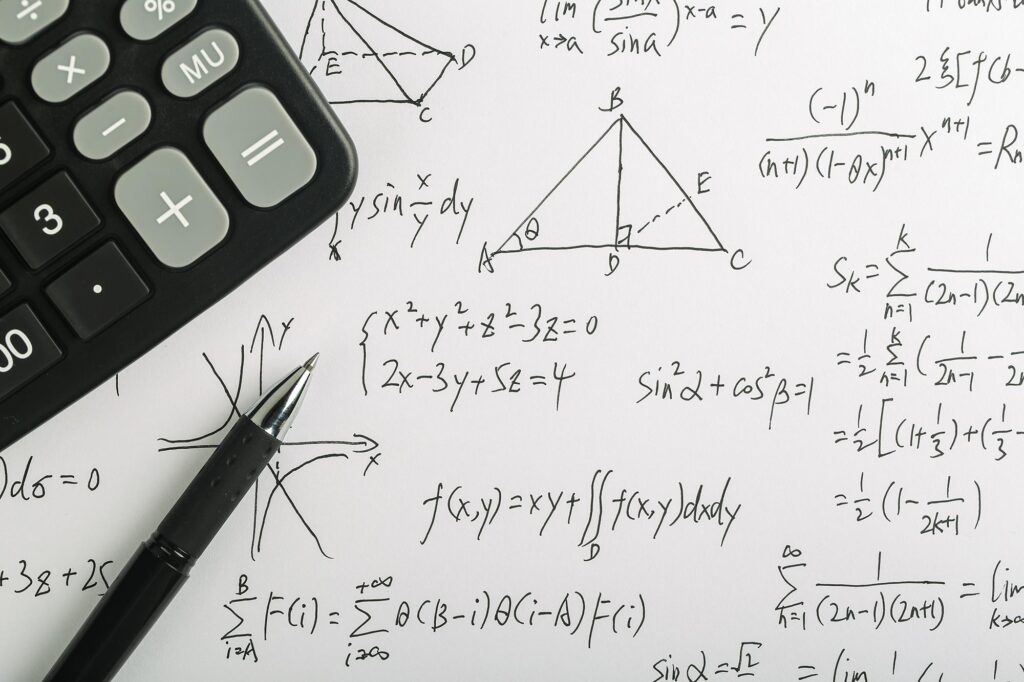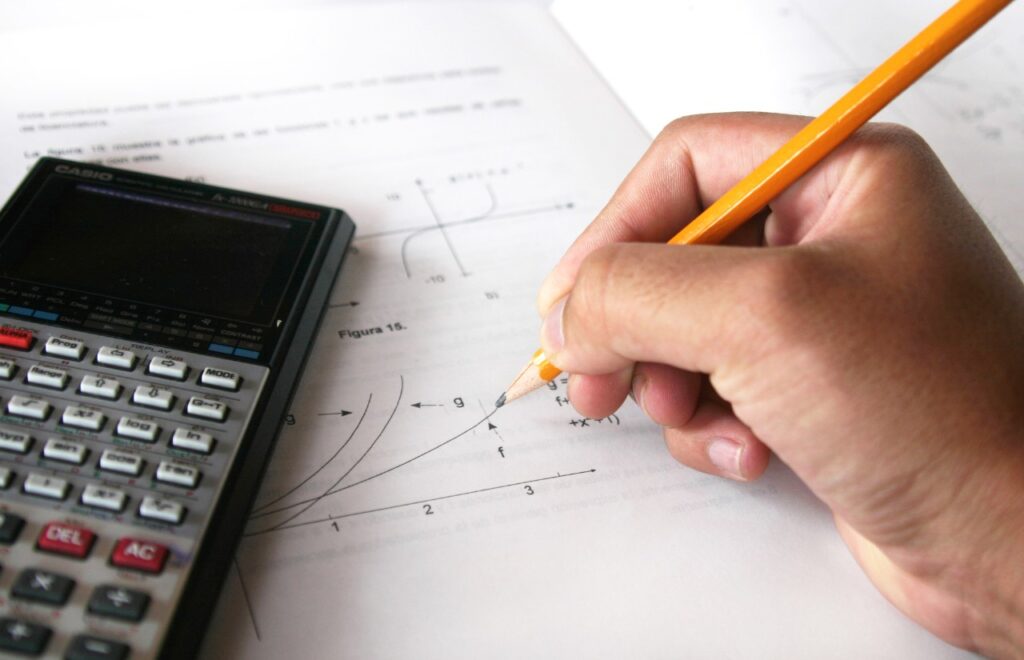Studying can be a big headache, especially when we get stuck in some important and difficult courses. As interesting as it may be for some, math can be a big obstacle for others, and while for some students,school classes are enough to understand the concept of assignments, some need hours of practice at home. There are a large number of students who have the same problem and that’s why it’s pointless to blame only the disturbance of attention for that. In fact, there are many more reasons that have caused intolerance towards mathematics, ranging from poorly explained lessons to a lack of basic concepts. Due to the bad reputation of this course, your child may give up the fight for a higher grade after the first lesson he didn’t understand because he will say that he isn’t talented. Don’t let him stop there, because, with enough practice at home, it’s really possible to achieve good results and progress over time.
Of course, students cannot do tasks with the same ease every day. Sometimes doing homework will be really hard and it’s not a sin to seek the help of experts and avoid stress. Homeworkdoer.org has assembled its team of numerous professors specializing in various fields whose expertise is impressive.
Before you start researching methods by which this problem can be overcome, you should first know the cause. To help you discover it, in this article we bring you some of the most common reasons why students struggle with math.
1. The presence of aversion from the beginning

This school subject is one of the most notorious among students. It has long gained a bad reputation, which is why new generations immediately create an aversion to it. As a result, it is difficult to connect with the course, which further implies great disinterest.
For that reason, students perceive the subject as something unknown and frightening, and if they don’t understand the lesson, they will not try hard enough to understand it. Instead, they will feel that they lack intelligence and will come to terms with a bad grade. Such students will have trouble learning.
2. Lack of self-belief
Many emphasize that a high IQ is necessary to achieve success in mathematics. This attitude of most people leads students to doubt their intellectual abilities, which causes them to lose self-confidence and begin to doubt that they can do it. Looking at some of their peers who are geniuses in mathematics, they begin to convince themselves that they won’t succeed.
When the initial thoughts are like this, they are giving up immediately which leads to bad results. Once you doubt yourself, it’s difficult to regain the self-confidence you had and your abilities are forever constrained. So try not to let that happen.
3. Unclear basics

Mathematics is very complex and without a good understanding of the basics, it’s impossible to do tasks. Something like when you build a house. You can’t get to the roof if you don’t have a well-laid foundation. All formulas are derived from simpler ones and are more closely defined by theorems that you must learn well to be able to solve assignments.
It often happens that students are ashamed to say that they didn’t understand the lesson from the previous class, and the professor has already moved on to the next one. Then difficulties arise, attention is lost and it’s necessary to spend a lot of time learning and practicing to make up for what was missed.
4. Poor knowledge sharing
How well students will understand mathematics will largely depend on the professor who teaches them. Since professors of different levels of expertise are employed in schools and faculties, not all of them are equally talented to share knowledge. The key to a successful lecture are easy-to-understand methods that will enable 80% of knowledge to be acquired in class, without the need for several hours of learning at home.
The concept of the lecture should be based on techniques and steps that will be acceptable to those who don’t have the ability to learn quickly. What isn’t remembered in class will be difficult to make up at home, and that’s why the teaching method must be adapted to everyone.
5. Lack of practice

When they return from school, most students have the same habits. Dinner, then socializing and going out with friends, doing homework quickly, and going to bed. As you can see, there is very little space left in this schedule for practicing math. Unfortunately, just listening to classes won’t be enough for certain lessons. A lot of effort is required, and that is mostly lacking.
The feeling that they understand everything while the teacher is solving the tasks on the board can be wrong, and when they come home, they may find that performing on their own is much more challenging. So a lot of practice is crucial to achieving good results.
6. Not seeing the purpose
Students often wonder if they will ever need logarithms, square roots, and intervals in their lives. Not seeing the purpose is what demotivates them to invest effort in learning the material. Most people think that such skills will never be useful to them, and that is why they have a problem connecting mathematics with reality and considering its application in future everyday life.
This opinion prevails in most classrooms around the world and doesn’t seem to change any time soon. Because who will need a square root from pear in the market?
7. Attention absence

Lack of attention can be influenced by many factors. From simple disinterest and thinking that talking to a friend is more interesting to the impossibility of fighting the constant misunderstanding of lectures. Some people have a problem with attention deficit disorder, which is why they are prone to unconscious distractions during lectures. For them, concentrating on class lessons can be very challenging.
Solving mathematical problems often involves long procedures in several steps that require constant concentration. Due to the impossibility of directing attention, there can be a loss of focus, skipping important steps, and difficult learning.
At first glance, the math may seem complicated and difficult, but if you try hard enough you can discover the better side and this subject will never have to be a problem for you again.






